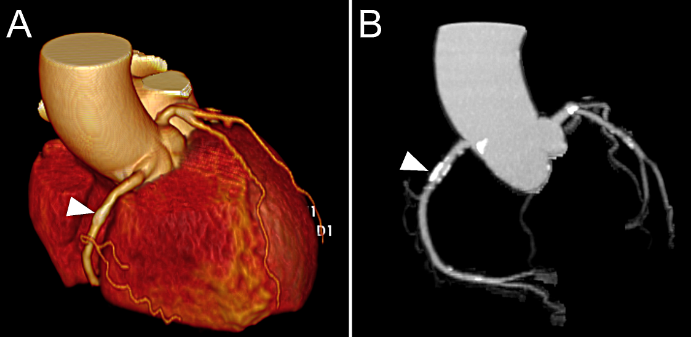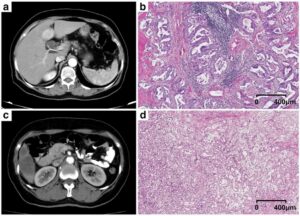In this study, the authors aimed to investigate the effects of plaque-related factors, if any, on the diagnostic performance of an artificial intelligence coronary-assisted diagnosis system (AI-CADS). This was undertaken by analyzing 1,224 vessels in 306 patients. The authors were able to determine that AI-CADS has the ability to distinguish ≥50% coronary stenosis, but found that an additional manual interpretation based on AI-CADS is necessary.
Key points
- AI-CADS can help radiologists quickly assess CCTA and improve diagnostic confidence.
- Additional manual interpretation on the basis of AI-CADS is necessary.
- The plaque length and CACs will affect the diagnostic performance of AI-CADS.
Authors: Jie Xu, Linli Chen, Xiaojia Wu, Chuanming Li, Guangyong Ai, Yuexi Liu, Bitong Tian, Dajing Guo & Zheng Fang













